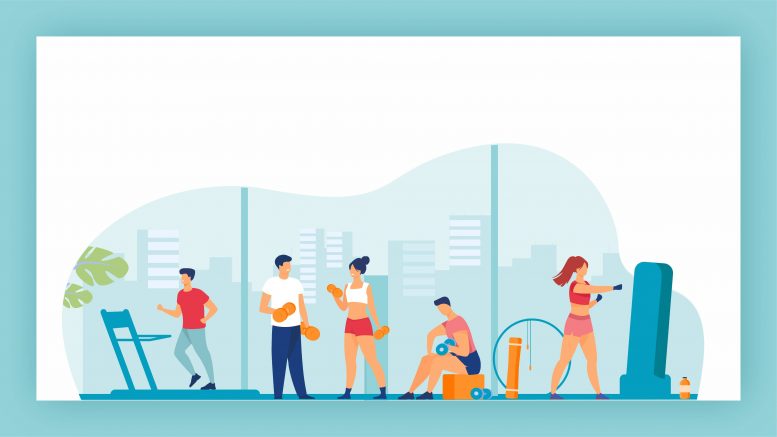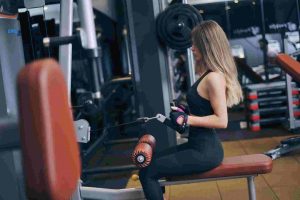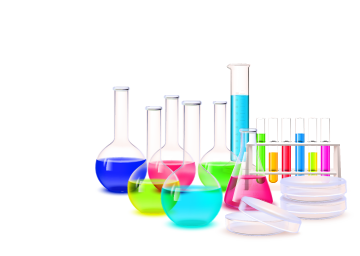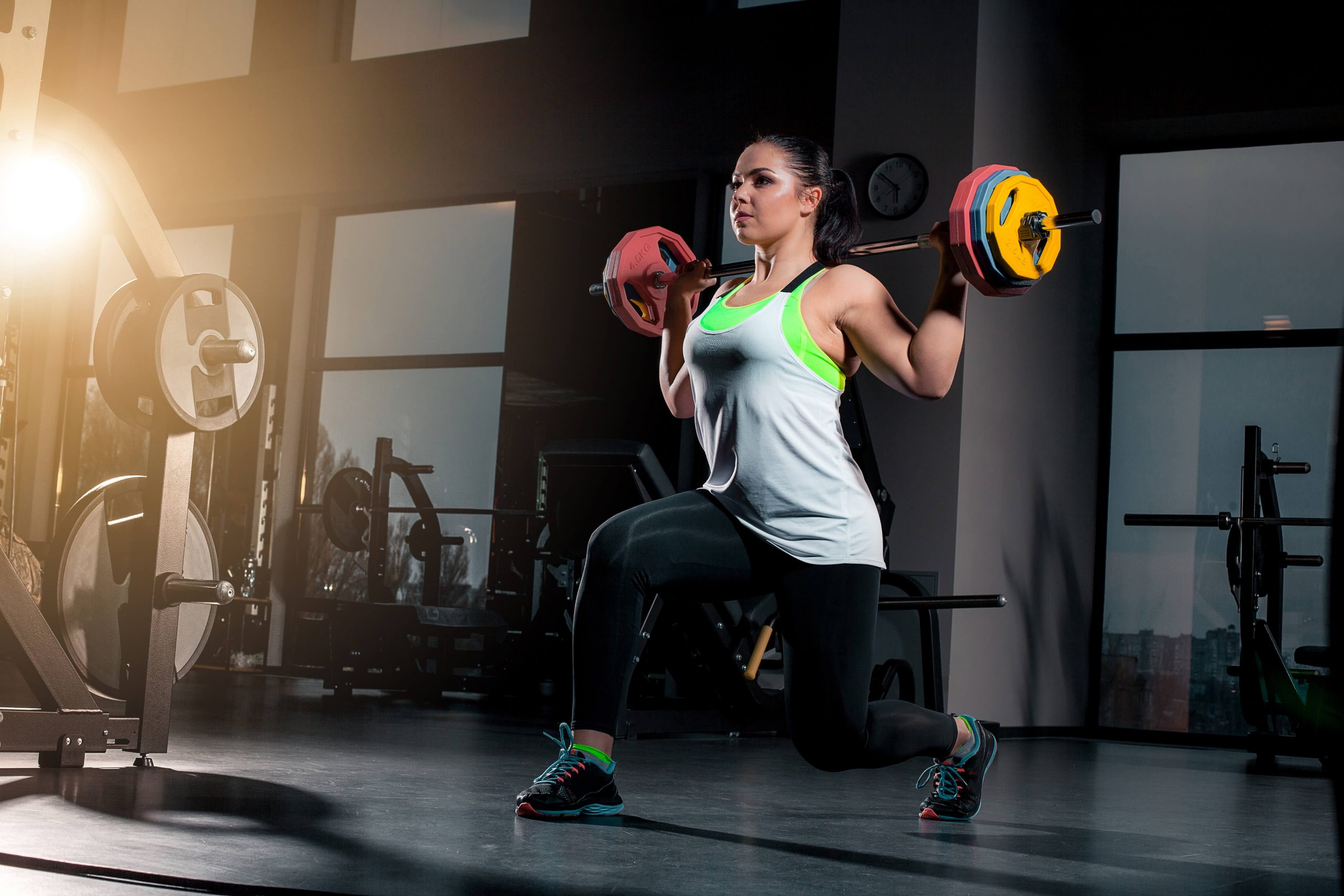Health-related fitness to a group of abilities, skills, and body development modules enables us to perform various activities. Being fit for one set of procedures does not make you fit for others, much like sports. For example, a person who performs good football may not play cricket up to the rules. This is because his body and mind have not prepared the skills required for cricket as much as he did for football.
Table of Contents
How many health related physical fitness are there?
Understanding the body’s mechanism and its deficiencies, it is essential to know the various elements of this natural machine. The components of physical fitness are classified into 2 categories:
- Health-related components of physical fitness and
- Skill-related components of physical fitness.
Health Related Fitness Components:
There are various health-related fitness activities in performing our day-to-day activities that are health-related fitness. These are the various categories of health-related fitness:
- Cardiovascular Fitness
- Muscular Strength
- Muscular Endurance
- Flexibility
- Body Composition
Cardiovascular Fitness
It is the strength of the heart and lungs to collaborate to produce the needed oxygen and fuel to the body during supported workloads. Health related fitness components of physical fitness include examples such as jogging, cycling, and swimming. The Cooper Run is used most often to test cardiovascular endurance.
Cardiovascular fitness benefits:
- Strengthens heart muscle
- Increases lung capacity
- Regulates blood pressure
- Reduces stress/enhances mood
- Lowers unhealthy cholesterol
- Aids sleep
- Prevents obesity
Muscular Strength
It is the amount of force a muscle can produce. Examples would be the bench press, leg press, or bicep curl. The push-up test is a standard usually used to test muscular strength.
Muscular strength benefits:
- Builds and maintains muscle mass as you age
- Boosts mood and energy levels
- Aids bone health
- Burns excess calories
- Shreds excess fat stores
- Improves other components of fitness
Read More: Measures Taken By Philippines Fitness Industry To Flourish During The Pandemic
Muscular Endurance
The muscles can perform continuously without fatigue. Examples would be cycling, step machines, and elliptical machines. The sit-up test is most often used to test muscular endurance.
Muscular endurance benefits:
prevent injury, age-related decline in muscle.
Flexibility
Each joint’s capacity to move within the possible range of motion for a specific joint. Examples can be stretching specific muscles or the capacity to produce specific functional changes such as the lunge. The sit and reach test is most often used to test physical strength.
Flexibility benefits:
- Increases athletic performance
- Reduces the chance of injury during physical activity
- Eases muscle aches, pains, and cramps
- Improves balance and posture
- Quickens recovering after exercising
Body Composition
It is the amount of fat mass compared to lean muscle mass, bone, and organs. This can be measured using underwater weighing, Skinfold readings, and bioelectrical impedance.
A body composition benefits:
- Creates a toned, lean figure
- Boosts the body’s functional capability
- Speeds up metabolic rate
- Prevents heart disease, high blood pressure, and type 2 diabetes
- Encourages permanent weight loss
Skill-Related Components of Fitness:
Balance is more significant for gymnastics, while strength and speed are essential for football or baseball players. Let’s see what the various skill-related components of physical fitness are:
- Power
- Agility
- Balance and Coordination
- Reaction Time
- Speed
- Accuracy
Read more: Simple Chest Workout Exercises You Can Do At Home Without Any Equipment
Power
You may have heard people referring to ‘explosive power’; they refer to this health-related fitness components, which is especially helpful for power athlete sports.
Power benefits:
- Improved cardiovascular function
- Enhanced strength
- Increased endurance as time goes on
- Rapid calorie burning
- Boosted overall performance in sports and athletics
Agility
Agility is the capacity to move and modify the course and state of the body immediately under power and helps to improve mental health. Agility is necessary for each troublesome task that may be dance, sports, weightlifting, etc.
Agility benefits:
- Other prevention of injuries
- Recovery time boost
- Enhanced cognitive function
Balance and Coordination
Balance is the capacity to continue upright or maintain under human power while continually improving posture and mobility. On the other hand, body coordination can efficiently and effectively transfer at least two body parts under control.
Balance and coordination benefits:
- Enhanced performance during sports and athletic activities
- Improved cognitive function
- Increased injury prevention, even during everyday life
Reaction Time
The ability to respond to changing external motives is called reaction time. Reaction time is vehemently needed in boxing, football, baseball. Exercises about reducing the reaction time of people are various. The most common reality is running at full speed while keeping ourselves on identical ground.
Speed
Speed in experience elements is somewhat distinct from what the name implies. Speed is intricately connected to agility. In common words, it can be termed the capacity to move our wings to run fast on the ground, grasp something or pull and throw it.
Speed benefits:
- Injury prevention
- Improved cardiovascular endurance
- Better metabolic rate and fat burning
- Increase in bone strength
- Muscle growth
Accuracy
As the name implies, one individual can deliver force and his entire body to a particular point or a group of points. The best example of accuracy in sports is javelin throw, or bow and arrow.
Summary:
Our bodies lack various organs, muscles, and body parts. Focusing on damaged parts for repair is as crucial as building muscles or developing weight. Thus, when the training is in tandem with the various components of physical fitness, it proves more helpful to our body.

 Login/Register
Login/Register











Be the first to comment on "11 Health Related Components of Physical Fitness Activities"